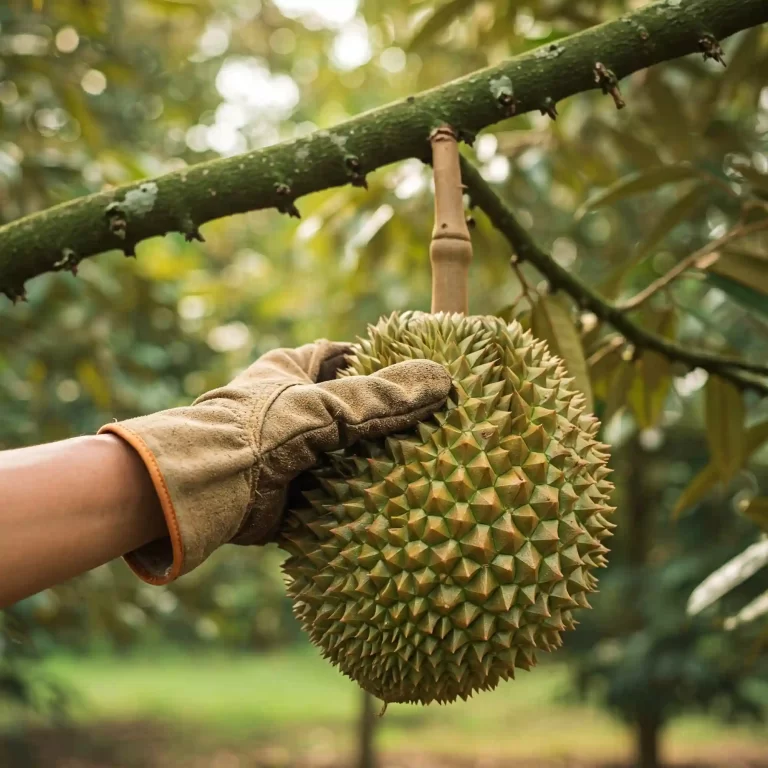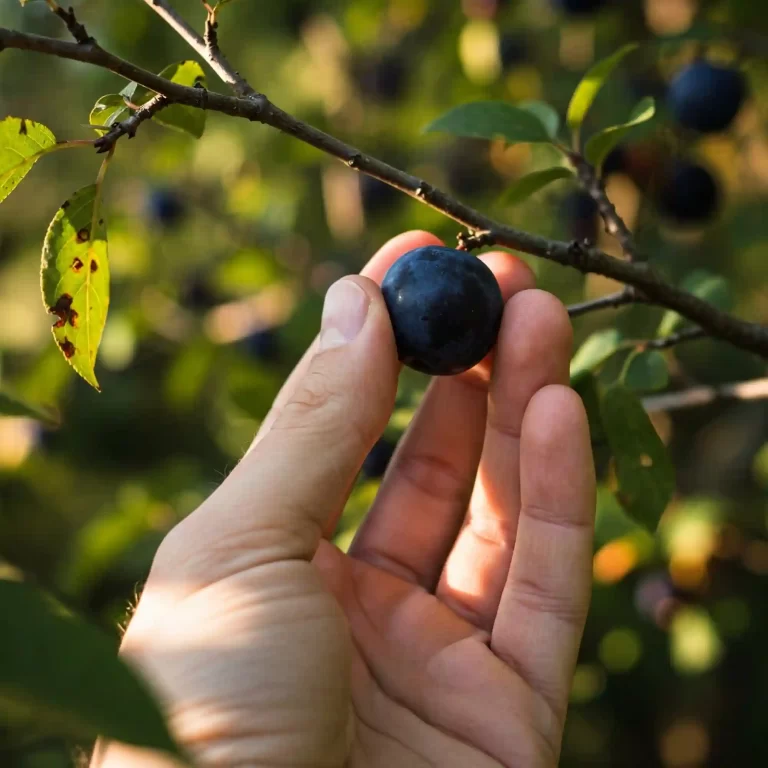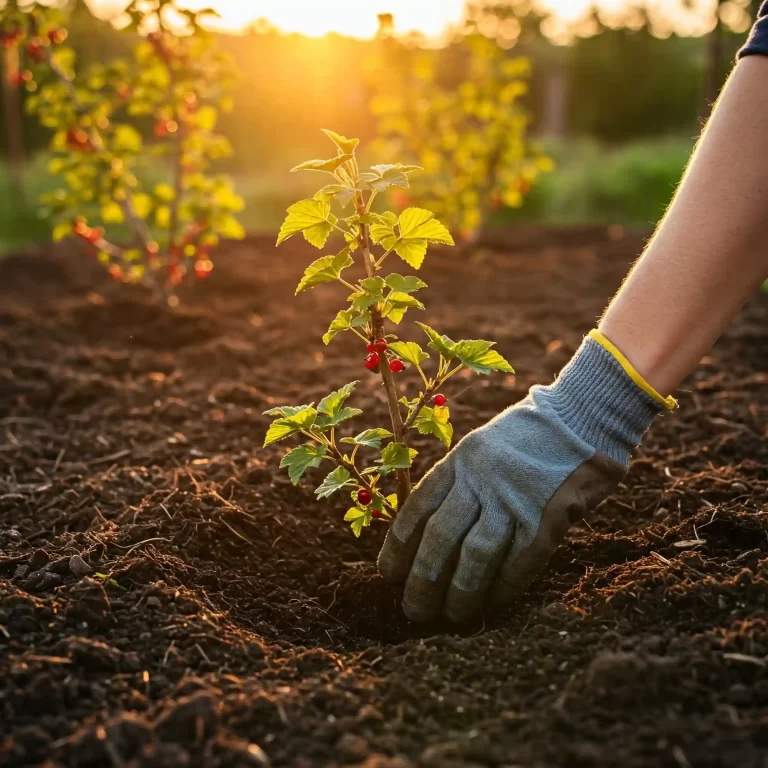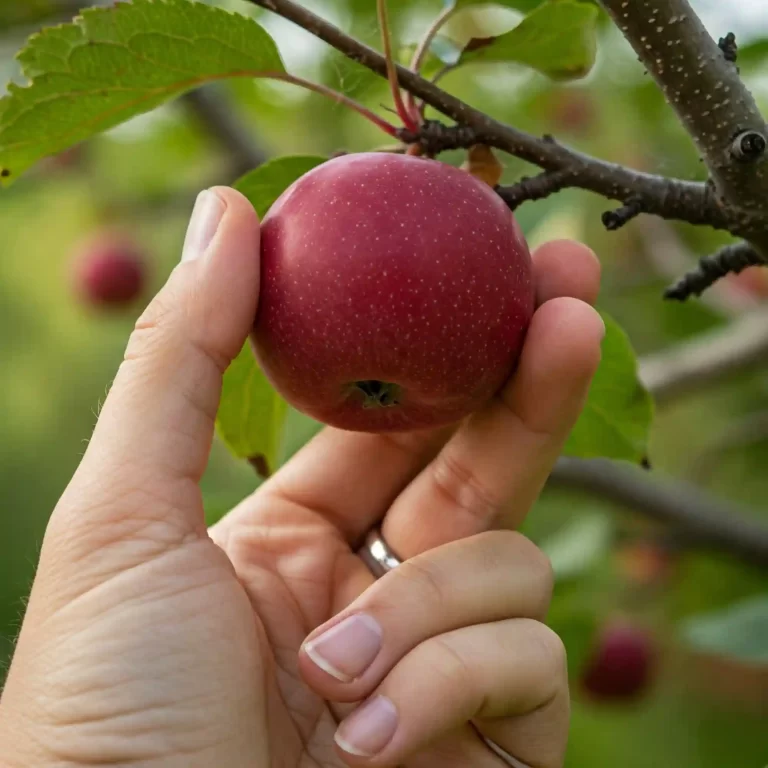As a gardener, you might be struggling with plants that just don’t seem to thrive, no matter how much care you give them. You’ve tried different fertilizers, adjusted your watering schedule, and even changed the plants’ locations, but nothing seems to work.
This can be incredibly frustrating, especially when you see your hard work not paying off. You might start to feel like you’re missing something crucial, and the joy of gardening begins to wane. The uncertainty of not knowing what’s wrong with your soil can make you feel helpless and disheartened.
The good news is, soil testing services can provide the answers you need. By understanding the exact composition and health of your soil, you can make informed decisions that will transform your garden. In this comprehensive guide, I’ll walk you through everything you need to know about soil testing services, from what they are to how to choose the best one for your needs.
What Are Soil Testing Services?
Soil testing services are specialized analyses conducted to determine the composition, nutrient levels, and overall health of your soil. These services are essential for gardeners, farmers, and landscapers who want to optimize their soil for better plant growth and yield. By testing your soil, you can identify deficiencies, imbalances, and contaminants that might be affecting your plants.
Overview of the Soil Testing Process
The soil testing process typically involves several steps:
- Soil Sampling: Collecting soil samples from different areas of your garden or field.
- Laboratory Analysis: Sending the samples to a laboratory where they are analyzed for various parameters.
- Report Generation: Receiving a detailed report that outlines the findings and provides recommendations.
Different Aspects Tested
Soil testing services can analyze a wide range of parameters, including:
- pH Levels: Determines the acidity or alkalinity of the soil.
- Nutrient Content: Measures essential nutrients like nitrogen, phosphorus, potassium, and trace elements.
- Organic Matter: Assesses the amount of decomposed plant and animal material in the soil.
- Soil Texture: Analyzes the proportion of sand, silt, and clay.
- Contaminants: Checks for harmful substances like heavy metals and pesticides.
Understanding these aspects can help you make informed decisions about soil amendments, fertilizers, and other treatments to improve soil health and plant growth.
Why Soil Testing Is Important for Gardeners
Soil testing is a critical step for any gardener who wants to achieve a thriving garden. Here’s why it’s so important:
Benefits of Soil Testing for Garden Health
- Optimizes Nutrient Management: By knowing the exact nutrient content of your soil, you can apply the right type and amount of fertilizer, avoiding over-fertilization or nutrient deficiencies.
- Improves Plant Health: Healthy soil leads to healthy plants. Soil testing helps you understand what your plants need to grow strong and resist diseases.
- Increases Yield: For those growing vegetables or fruits, soil testing can lead to higher yields by ensuring that plants have all the necessary nutrients.
- Saves Money: By applying only the necessary amendments, you can save money on fertilizers and other soil treatments.
- Promotes Sustainable Gardening: Soil testing helps you use resources more efficiently, reducing the environmental impact of gardening.
How Soil Testing Helps in Nutrient Management
Nutrient management is crucial for plant growth. Soil testing provides detailed information about the nutrient levels in your soil, allowing you to:
- Identify Deficiencies: Determine which nutrients are lacking and need to be supplemented.
- Avoid Over-Fertilization: Prevent the negative effects of applying too much fertilizer, such as nutrient runoff and soil degradation.
- Balance Nutrients: Ensure that all essential nutrients are available in the right proportions for optimal plant growth.
The Role of Soil Testing in Sustainable Gardening
Sustainable gardening practices aim to maintain and improve soil health over the long term. Soil testing plays a vital role in this by:
- Monitoring Soil Health: Regular testing helps track changes in soil health and make necessary adjustments.
- Reducing Chemical Use: By understanding the specific needs of your soil, you can minimize the use of chemical fertilizers and pesticides.
- Enhancing Soil Biodiversity: Healthy soil supports a diverse range of microorganisms that contribute to soil fertility and plant health.
Types of Soil Testing Services
There are various types of soil testing services available, each focusing on different aspects of soil health. Here are some of the most common types:
Nutrient Analysis
Nutrient analysis is one of the most important types of soil testing. It measures the levels of essential nutrients in your soil, including:
- Nitrogen (N): Vital for plant growth and development.
- Phosphorus (P): Important for root development and energy transfer.
- Potassium (K): Helps with water regulation and disease resistance.
- Micronutrients: Such as iron, manganese, zinc, and copper, which are needed in smaller amounts but are still crucial for plant health.
pH Testing
Soil pH affects the availability of nutrients to plants. pH testing determines whether your soil is acidic, neutral, or alkaline. Most plants prefer a slightly acidic to neutral pH (6.0-7.0). If your soil pH is outside this range, certain nutrients may become unavailable to plants, leading to deficiencies.
Contamination Testing
Contamination testing checks for harmful substances in your soil, such as:
- Heavy Metals: Lead, cadmium, arsenic, and mercury can be toxic to plants and humans.
- Pesticides: Residues from previous pesticide use can affect soil health and plant growth.
- Pathogens: Harmful microorganisms that can cause plant diseases.
Soil Texture and Composition
Soil texture refers to the proportion of sand, silt, and clay in your soil. This affects water retention, drainage, and root penetration. Soil composition analysis helps you understand the physical properties of your soil and make necessary adjustments.
How to Choose a Soil Testing Service
Choosing the right soil testing service is crucial for getting accurate and useful results. Here are some factors to consider:
Factors to Consider
- Accuracy: Look for a service with a reputation for accurate and reliable results.
- Cost: Compare prices of different services to find one that fits your budget.
- Turnaround Time: Consider how quickly you need the results. Some services offer faster turnaround times than others.
- Customer Support: Good customer support can help you understand the results and recommendations.
- Reputation: Read reviews and testimonials to gauge the experiences of other customers.
Comparing Local vs. Online Soil Testing Services
- Local Services: These can be more convenient if you prefer to drop off samples in person. They may also have a better understanding of local soil conditions.
- Online Services: These often offer a wider range of tests and can be more convenient if you prefer to mail in your samples. They may also provide more detailed reports and recommendations.
Reading Reviews and Testimonials
Before choosing a soil testing service, it’s a good idea to read reviews and testimonials from other customers. Look for feedback on:
- Accuracy of Results: Were the results accurate and reliable?
- Customer Service: Was the customer service helpful and responsive?
- Value for Money: Did the service provide good value for the cost?
Top 10 Soil Testing Services
Here are ten reliable soil testing services that every gardener should know about:
- Affordable Soil Testing Services for Gardeners
- Overview: Provides basic soil testing at an affordable price.
- Benefits: Cost-effective, quick results.
- Pricing: Typically ranges from $20 to $50 per test.
- Service Details: Includes nutrient analysis, pH testing, and basic recommendations.
- Best Soil Testing Services Near Me
- Overview: Local services that offer personalized soil testing.
- Benefits: Convenient, tailored to local soil conditions.
- Pricing: Varies by location and service provider.
- Service Details: Often includes on-site sampling and consultation.
- Comprehensive Soil Testing Services for Agriculture
- Overview: Detailed analysis for large-scale gardening and farming.
- Benefits: In-depth reports, tailored recommendations for crop management.
- Pricing: Typically ranges from $50 to $150 per test.
- Service Details: Includes nutrient analysis, pH testing, contamination testing, and soil texture analysis.
- Reliable Soil Testing Services for Home Gardens
- Overview: Services designed specifically for home gardeners.
- Benefits: Easy-to-understand reports, practical recommendations.
- Pricing: Typically ranges from $30 to $70 per test.
- Service Details: Includes nutrient analysis, pH testing, and recommendations for soil amendments.
- Professional Soil Testing Services for Landscaping Projects
- Overview: Specialized services for landscaping needs.
- Benefits: Detailed analysis for soil preparation and plant selection.
- Pricing: Typically ranges from $50 to $100 per test.
- Service Details: Includes soil texture analysis, nutrient analysis, and pH testing.
- Detailed Soil Testing Services for Organic Farming
- Overview: Services tailored for organic gardeners and farmers.
- Benefits: Focus on sustainable practices, organic certification compliance.
- Pricing: Typically ranges from $50 to $150 per test.
- Service Details: Includes nutrient analysis, contamination testing, and recommendations for organic amendments.
- Top-Rated Soil Testing Services for Lawn Care
- Overview: Services focused on maintaining healthy lawns.
- Benefits: Practical recommendations for lawn care and maintenance.
- Pricing: Typically ranges from $30 to $80 per test.
- Service Details: Includes nutrient analysis, pH testing, and tailored recommendations for lawn care.
- Soil Testing Services for Nutrient Deficiency Detection
- Overview: Focuses on identifying and addressing nutrient deficiencies.
- Benefits: Helps in precise nutrient management and improving plant health.
- Pricing: Typically ranges from $40 to $90 per test.
- Service Details: Includes detailed nutrient analysis and recommendations for soil amendments.
- Soil Testing Services for Construction Site Analysis
- Overview: Ensures soil suitability for construction projects.
- Benefits: Helps in assessing soil stability and suitability for building.
- Pricing: Typically ranges from $100 to $300 per test.
- Service Details: Includes soil texture analysis, contamination testing, and pH testing.
- Soil Testing Services for Environmental Contamination Assessment
- Overview: Detects and mitigates soil contamination.
- Benefits: Ensures soil safety for gardening and environmental health.
- Pricing: Typically ranges from $100 to $250 per test.
- Service Details: Includes testing for heavy metals, pesticides, and other contaminants.
How to Interpret Soil Test Results
Interpreting soil test results can be daunting, but it’s crucial for making informed decisions about your garden. Here’s a guide to help you understand the key metrics and what they mean for your soil health.
Understanding the Soil Test Report
A typical soil test report includes several sections, each providing valuable information about your soil. Here’s what you can expect to find:
- pH Level: Indicates the acidity or alkalinity of your soil. Most plants prefer a pH between 6.0 and 7.0.
- Nutrient Levels: Shows the concentration of essential nutrients like nitrogen, phosphorus, potassium, and micronutrients.
- Organic Matter: Measures the amount of decomposed plant and animal material in your soil.
- Soil Texture: Describes the proportion of sand, silt, and clay in your soil.
- Contaminants: Lists any harmful substances detected in your soil, such as heavy metals or pesticides.
Key Metrics to Look For
- pH Level: The pH level affects nutrient availability. If your soil is too acidic or too alkaline, certain nutrients may become unavailable to plants. Adjusting the pH can help improve nutrient uptake.
- Nitrogen (N): Essential for plant growth and development. Low nitrogen levels can lead to stunted growth and yellowing leaves.
- Phosphorus (P): Important for root development and energy transfer. Low phosphorus levels can result in poor root growth and weak plants.
- Potassium (K): Helps with water regulation and disease resistance. Low potassium levels can cause weak stems and poor resistance to diseases.
- Micronutrients: Elements like iron, manganese, zinc, and copper are needed in smaller amounts but are still crucial for plant health. Deficiencies can lead to various growth problems.
Recommendations Based on Test Results
Based on your soil test results, you’ll receive recommendations for soil amendments and treatments. Here’s how to interpret these recommendations:
- Lime or Sulfur: Used to adjust soil pH. Lime raises pH (reduces acidity), while sulfur lowers pH (increases acidity).
- Fertilizers: Specific types and amounts of fertilizers will be recommended to address nutrient deficiencies. For example, a high-nitrogen fertilizer may be suggested if your soil is low in nitrogen.
- Organic Matter: Adding compost or other organic matter can improve soil structure and nutrient content.
- Soil Amendments: Other amendments, such as gypsum or bone meal, may be recommended to address specific soil issues.
Frequently Asked Questions (FAQs)
The cost of soil testing services varies depending on the type of tests conducted and the service provider. Basic soil tests typically range from $20 to $50, while more comprehensive tests can cost between $100 and $300.
It’s generally recommended to test your soil every 2 to 3 years. However, if you’re experiencing specific issues with your plants or soil, more frequent testing may be necessary.
Yes, there are home soil testing kits available that allow you to test for basic parameters like pH and nutrient levels. However, for more detailed and accurate results, it’s best to use a professional soil testing service.
If your soil test reveals contamination, it’s important to take action to mitigate the issue. This may involve removing contaminated soil, adding clean soil, or using specific soil amendments to neutralize contaminants. Consulting with a soil expert can provide you with the best course of action.
The turnaround time for soil test results varies by service provider. Basic tests can take a few days to a week, while more comprehensive tests may take 2 to 3 weeks.
Professional soil testing services are generally very accurate, especially when conducted by reputable laboratories. They use advanced techniques and equipment to ensure precise results.
Some popular home soil testing kits include the Luster Leaf Rapitest, Soil Savvy, and LaMotte Soil Test Kit. These kits provide basic information about soil pH and nutrient levels and are easy to use.
To prepare a soil sample, follow these steps:
1. Collect Samples: Use a clean trowel to collect soil from several locations in your garden. Mix these samples together to get a representative sample.
2. Dry the Soil: Spread the soil out on a clean surface and let it air dry.
3. Package the Sample: Place the dried soil in a clean, labeled container or bag.
4. Send to Lab: Follow the instructions provided by the soil testing service for mailing or delivering your sample.
Professional soil testing services provide detailed and accurate information about your soil’s health. They offer comprehensive reports and recommendations that can help you make informed decisions about soil amendments and treatments, leading to healthier plants and better yields.
Yes, soil testing can significantly improve your garden yield by ensuring that your plants have the right nutrients and growing conditions. By addressing nutrient deficiencies and imbalances, you can promote healthier plant growth and higher productivity.
Conclusion
Soil testing services are an invaluable tool for any gardener looking to optimize their soil health and improve plant growth. By understanding the composition and nutrient levels of your soil, you can make informed decisions that lead to a thriving garden. Whether you’re a home gardener, a landscaper, or a farmer, investing in soil testing can save you time, money, and frustration in the long run.
I hope this guide has provided you with the information you need to choose the right soil testing service and interpret your results effectively. If you have any questions or need further assistance, feel free to reach out. Happy gardening!



